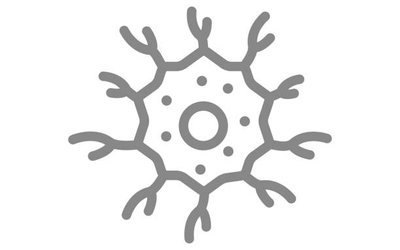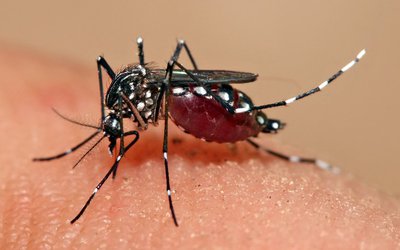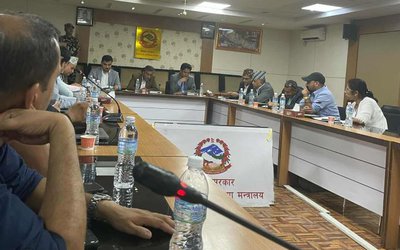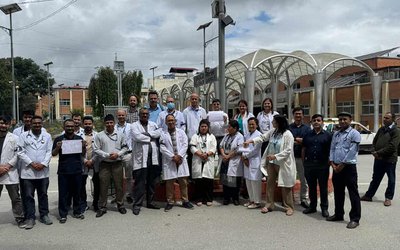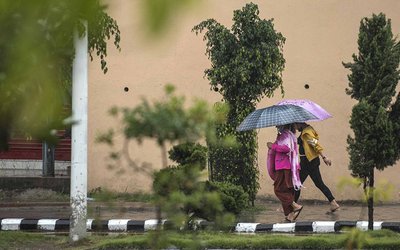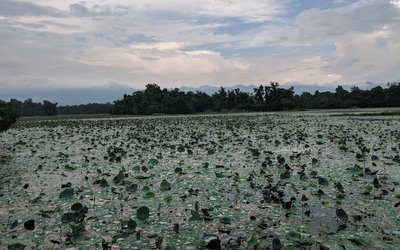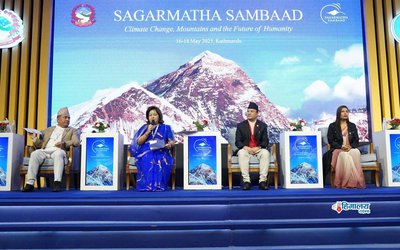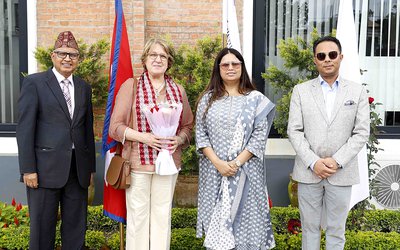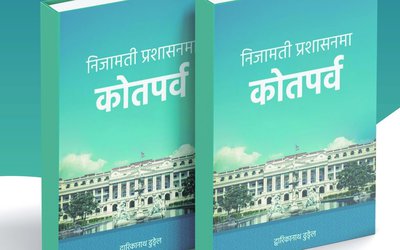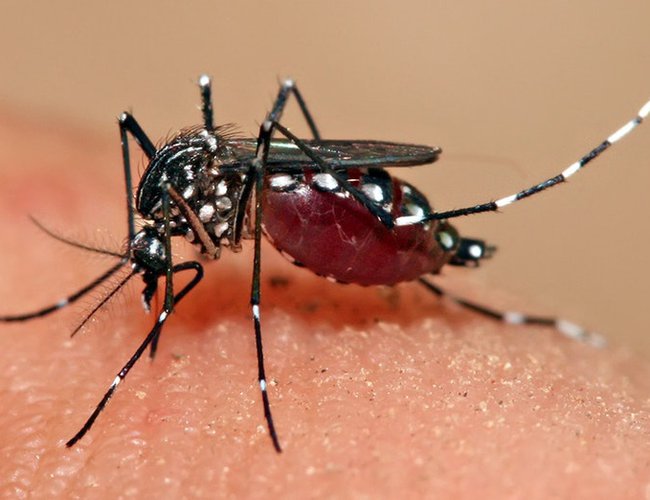
The Epidemiology and Disease Control Division (EDCD) has urged the public to remain vigilant as the next four months are considered the highest risk period for dengue infection. According to the Division, around 60,000 people are estimated to be infected with dengue this year.
In an interaction organized by the Division, experts stated that the most simple and effective way to prevent human casualties from dengue is by destroying the breeding cycle of mosquitoes.
Dr. Gokarna Dahal, head of the Vector-borne Disease Section, said that campaigns must run for over four months to destroy mosquito larvae and pupae of the dengue-transmitting species.
“While mosquito nets, incense sticks, and repellents may work indoors, people can still be bitten and infected by virus-carrying mosquitoes outdoors. Therefore, local municipalities must coordinate efforts to destroy all stages of mosquito development,” he said.
However, he also noted that due to multiple responsibilities of municipal health workers, it has been difficult for them to stay engaged in mosquito control for four continuous months. The Division informed that it has coordinated with 147 local municipalities across 17 districts regarding dengue control efforts.
“Dengue cannot be controlled by the health sector alone. All sectors must work hand in hand,” said Dr. Chandrabhakta Shah, Director of the Division.
He further shared that in some countries, the Ministry of Environment is responsible for mosquito control. He added that due to rainfall in urban areas, stagnant water in potholes, containers, and discarded tires has led to increased dengue risks beyond earlier estimates.
He stated, “Besides, water collected in household refrigerators and air conditioners also creates a favorable environment for mosquitoes to breed and grow.”
It was also informed during the program that the government has allocated Rs. 100 million for the upcoming fiscal year to search for and destroy mosquitoes. Dengue, transmitted by the bite of an infected female Aedes mosquito, typically spreads in temperate and subtropical regions.
However, due to the impact of climate change, it has spread to hilly regions of the country over the past decade. If a mosquito bites a dengue patient, it can become infected and then transmit the virus to a healthy person. The lifespan of such a mosquito is around 1 to 3 months.
Symptoms of dengue include high fever, severe headache, pain behind the eyes, and intense muscle pain. Some may also experience nausea and vomiting. The government has also made special preparations to prevent the spread of COVID-19 and cholera alongside dengue.
- Monsoon Will Continue to active until Friday
- Aug 14, 2025
- Weather Forecast: Completely Cloudy Across The Country With Possibility Of Heavy Rainfall In Few Places Of Madhesh
- Aug 14, 2025
- Nepal's IRGDD and the Spanish Chamber of Commerce Discuss Promoting Mutual Benefit on Trade and Investment
- Aug 13, 2025
- Nepal's large population of youth could make a great contribution In Nation Building: Foreign Minister Dr. Rana
- Aug 13, 2025
- Nepal To Export Additional 200 MW of Electricity To India
- Aug 13, 2025
